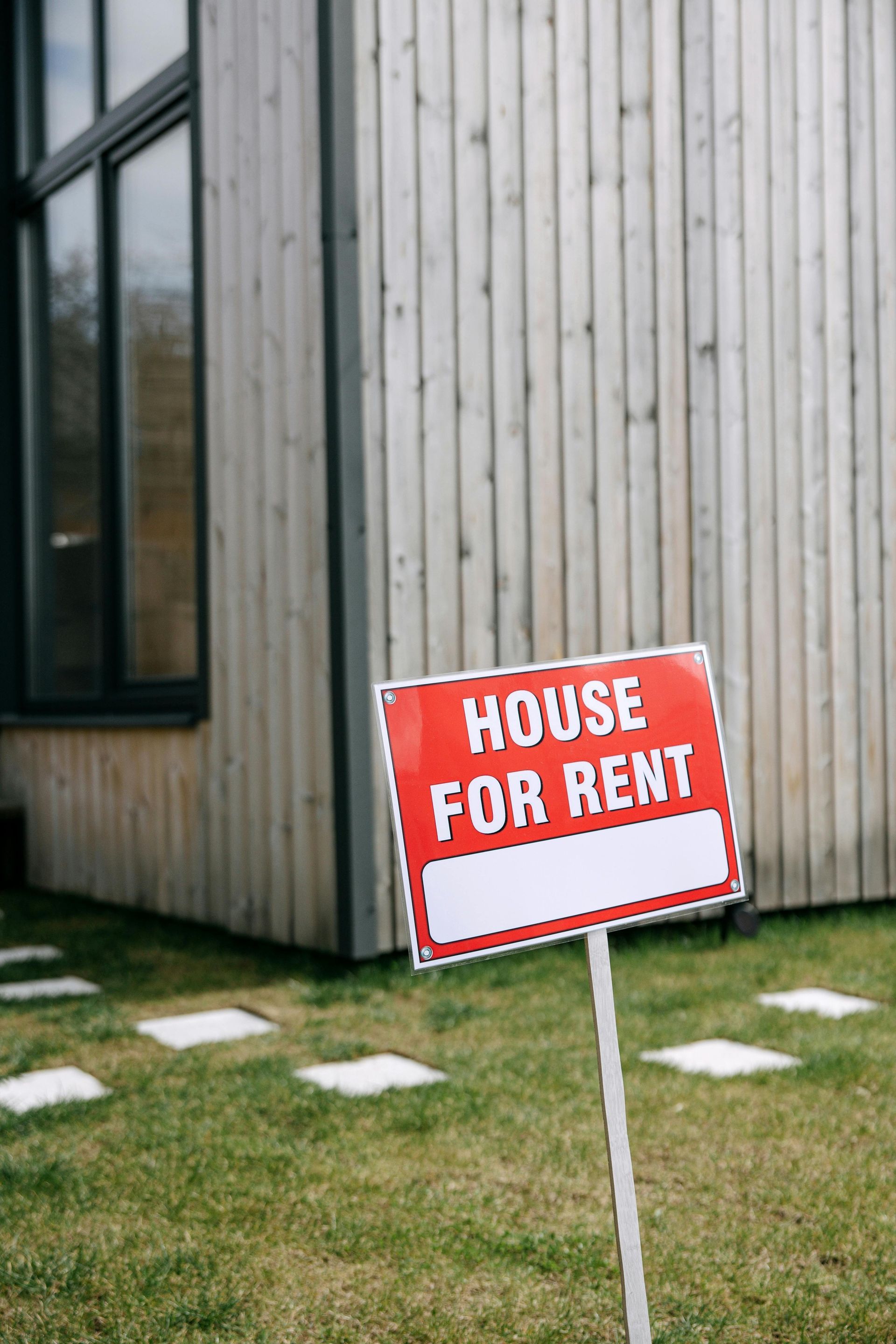When to Have Your Money Ready? A Timeline for Home Buyers
Understanding when and how to pay for your home
You’ve decided how much you’ll use for your down payment and set aside money for closing costs—but when do you actually need to have the funds ready? How do you make such a large payment? And who do you give it to?
Here’s a simple timeline of when each payment is due, how it’s made, and who handles it.
The Two Key Payments You'll Make
When buying a home, your down payment isn't paid all at once. It's split into two separate payments at different times:
- The Deposit
- The Remaining Down Payment (plus closing costs)
Let's walk through each one.
1. The Deposit
What Is It?
The deposit is typically around 5% of the purchase price, though this amount is negotiable with the seller. Think of it as a good-faith payment showing you're serious about the purchase.
When Is It Due?
The timing depends on what's written in your purchase agreement. Common clauses include:
- At subject removal
- Within 24 hours of subject removal
- Within 48 hours of subject removal
In most cases, you'll need the deposit ready within a week or two of getting an accepted offer.
How Do You Pay It?
You’ll pay your deposit with a
bank draft made out to your
realtor’s trust account. Your realtor will provide the exact details.
The realtor’s brokerage will hold your deposit in trust until closing day, when it’s sent to your lawyer or notary. The deposit forms part of your total down payment—it’s not an extra cost.
2. The Remaining Down Payment and Closing Costs
What Is It?
This is the rest of your down payment, along with most of your closing costs, including:
- Property transfer tax
- Legal fees
- Title insurance
- Adjustments (property taxes, strata fees, etc.)
When Is It Due?
You'll pay this amount when you visit your lawyer or notary to sign the final mortgage documents and title transfer paperwork. This appointment typically happens 3 to 5 days before closing, though it can vary depending on the situation.
Your lawyer or notary will tell you the exact amount you need to bring to this appointment.
How Do You Pay It?
Again, you'll pay with a bank draft made out to your lawyer or notary's trust account.
What Happens with All These Funds?
Your lawyer or notary acts as the central hub for all the money involved in your transaction. Here's how it flows:
They receive:
- Your initial deposit (from the realtor's trust account)
- Your remaining down payment and closing costs (from you)
- The mortgage funds (from your lender)
They distribute:
- The full down payment plus mortgage funds to the seller
- Property transfer tax to the government
- Title insurance premium to the insurer
- Any adjustments to the seller
- Their legal fees
Everything gets sorted in one coordinated process on closing day.
Other Payments to Plan For
Appraisal (if required): Paid directly to the appraiser before the appraisal is completed. I'll help you coordinate this.
Home Inspection: Paid directly to the inspector. Your realtor will help you coordinate this.
Key Points to Keep in Mind
- If your down payment or deposit funds are in an investment or registered account, plan ahead—redemptions take time depending on your financial institution.
- You’ll need to have your deposit funds ready within a week or two of getting an accepted offer.
- Your down payment and closing costs must be available 3–5 days before closing.
- If you bank with an online-only bank (Tangerine, Wealthsimple, EQ, etc.), allow at least a week to obtain a bank draft.
Frequently Asked Questions
Q: If my funds are spread across multiple accounts or shared with another borrower, can we use more than one bank draft?
A: Usually yes, as long as they total the required amount. Confirm with your
realtor (for the deposit) or your
lawyer/notary (for the down payment).
Q: My down payment is invested—when should I sell my investments?
A: As long as the funds are in your chequing account
3–5 days before closing, you’re fine. But to avoid market swings and stress, it’s best to
liquidate once you’ve removed subjects. You might miss a small gain, but you’ll have certainty that your down payment is secure.
Q: How do I get a bank draft?
A: Go to your local bank branch and ask for one. You’ll need to specify the
recipient name (for example, your realtor’s or lawyer’s trust account) and the
amount.
Q: How long does it take to get a bank draft?
A: If your bank has local branches, it should take
10–15 minutes. With online-only banks, plan for
a week or more.
Q: How do I withdraw funds from my RRSP or FHSA for my down payment?
A:
If your down payment is coming from a
registered account, it’s important to understand the process:
- For RRSP withdrawals, you’ll use the Home Buyers’ Plan (HBP). Learn more here: How to withdraw from RRSP.
- For FHSA withdrawals, the funds can be taken out tax-free when used for a qualifying home purchase. Learn more here: How to withdraw from FHSA.
Both withdrawals take time to process, so plan early to ensure funds are available before closing.
Quick Summary
- Deposit: ~5% of the purchase price, due at subject removal, payable by bank draft to your realtor’s trust account.
- Down payment + closing costs: Due 3–5 days before closing, paid by bank draft to your lawyer or notary.
- Allow extra time if your funds are in investments or an online-only bank.
- Appraisal and inspection are paid directly before those services take place.
Next Steps
The key to a smooth closing is knowing these timelines and planning accordingly. If you're unsure about any part of the process, or if your down payment situation is more complex, I'm here to walk you through it.
Book a consultation or call 778-988-8409.
Glossary
Bank Draft:
A certified payment issued by your bank, guaranteeing funds to the recipient.
Closing Costs:
Expenses due at closing, including legal fees, taxes, title insurance, and adjustments.
Deposit:
Funds paid at subject removal to secure your offer, held in trust until closing and applied toward your down payment.
Down Payment:
The amount you contribute toward the purchase price of your home.
Subject Removal:
The point in your offer process when you confirm financing and inspections are complete, making your purchase binding.





